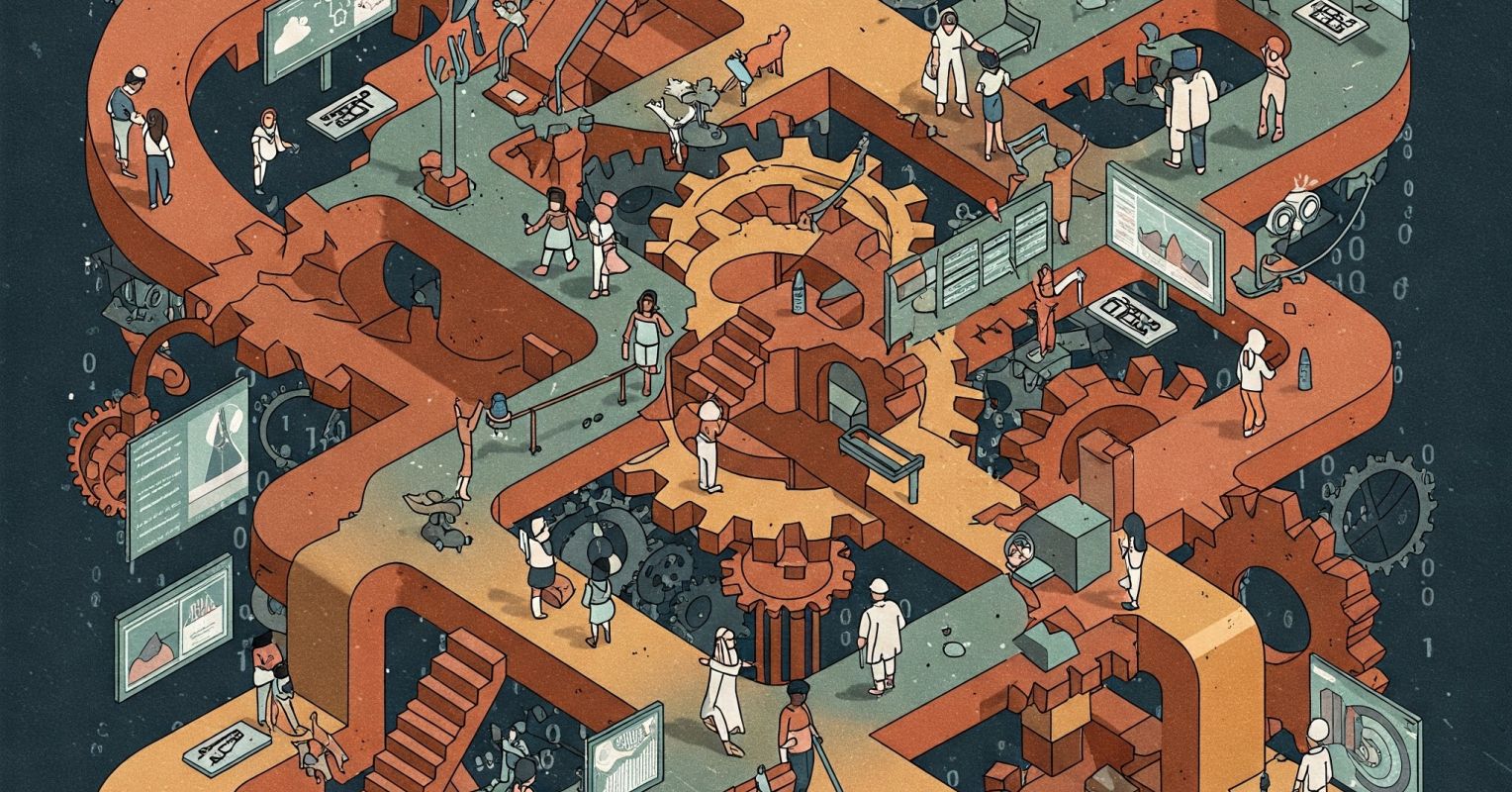
"The status quo results in an AI that is lopsided and biased, which (in)directly influences what information we consume, jeopardizing our knowledge and perception of reality."
"AI systems that are trained on datasets that reflect historical biases or lack diversity tend to perpetuate and exacerbate existing inequalities."
The article highlights the transformative impact of artificial intelligence (AI) across various sectors but points out a crucial issue: the lack of representation in AI systems. This gap leads to practical and ethical risks, notably contributing to social and economic disparities. Many people lack internet access and face electricity shortages, isolating them from digital advancements. Consequently, AI systems trained on biased data perpetuate existing inequalities, particularly in areas like facial recognition, which disproportionately affects marginalized communities and reinforces discrimination. Addressing these shortcomings is critical for equitable technological advancements.
Read at Psychology Today
Unable to calculate read time
Collection
[
|
...
]